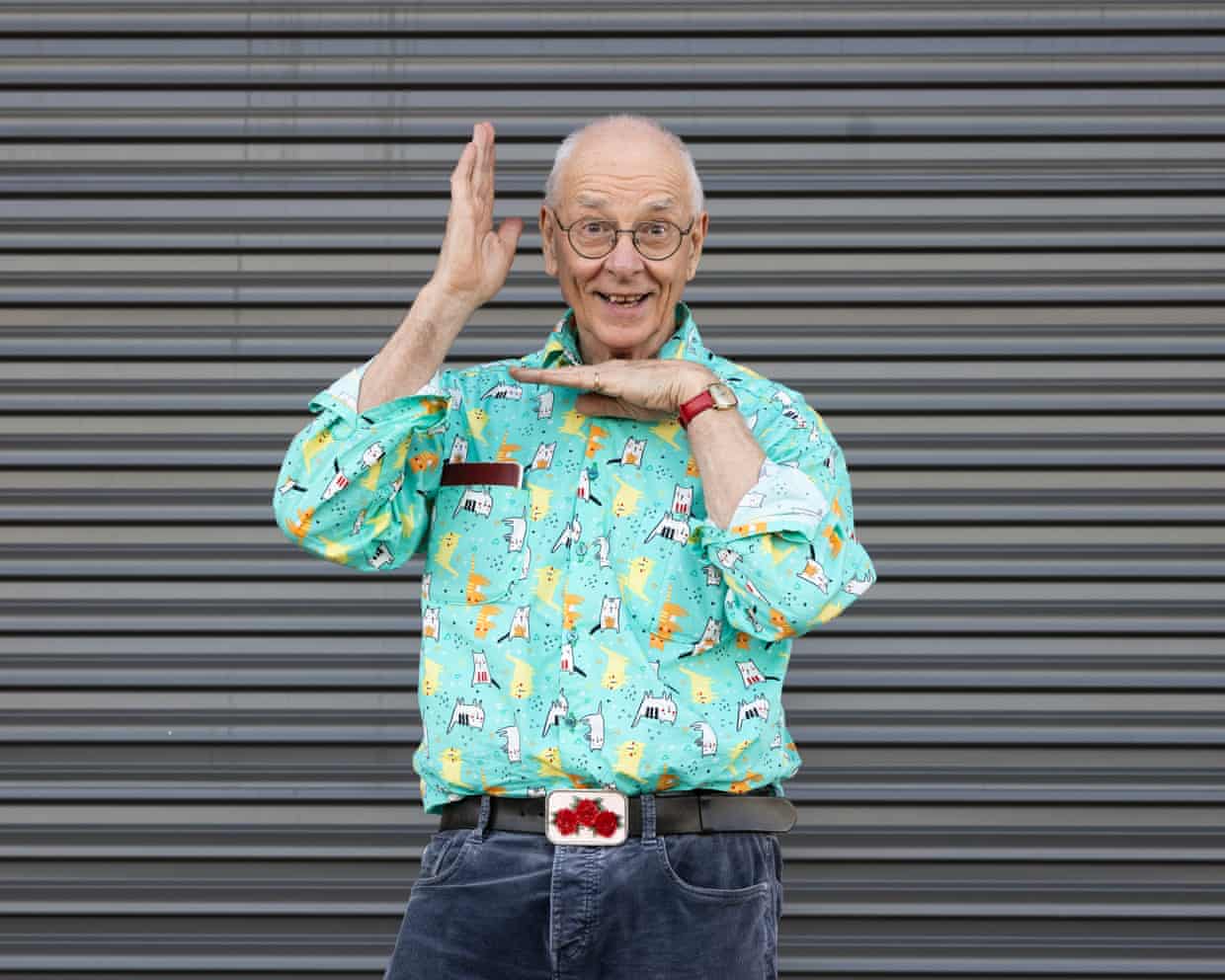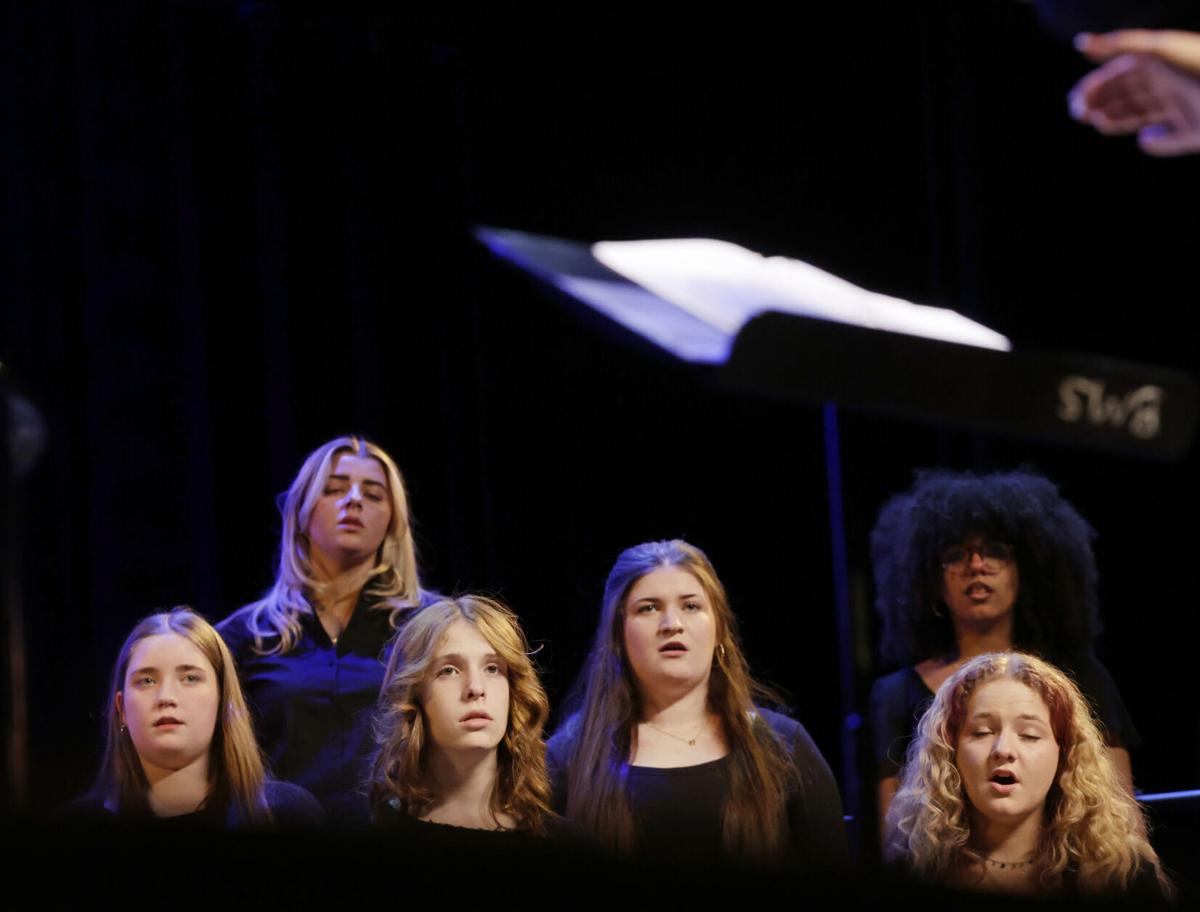Dr. Karl Kruszelnicki Reflects on Science, AI, and Life Lessons

Dr. Karl Kruszelnicki, a prominent Australian scientist and science communicator, is set to deliver a series of talks on the history and evolution of artificial intelligence (AI) at the upcoming Beaker Street festival in Tasmania from August 12 to 24, 2023. Known for his engaging style, Kruszelnicki draws inspiration from science fiction, particularly the work of Isaac Asimov. He cites Asimov’s fictional robots, particularly one from The Bicentennial Man, which explores themes of humanity and service over generations.
When asked about the potential for altering animal sizes for companionship, Kruszelnicki reflected on the complexities of pet ownership in modern Australia. He expressed concern over the ecological impact of pets, particularly cats, which are responsible for the deaths of around a million birds daily in the country. His own experience as a doctor in a children’s hospital changed his perspective on dogs, leading him to suggest a smaller version of the intelligent border collie as an ideal pet.
Kruszelnicki’s passion for science extends beyond robotics and pets. He frequently immerses himself in scientific literature, exploring diverse topics ranging from the historical impacts of human diseases to the peculiar behaviors of frogs and the cultural significance of mustaches in early 19th-century France. His inquiries also address contemporary issues, such as the environmental costs associated with AI-generated images, and he shares intriguing observations, including how certain shark species become motionless when flipped upside down.
One of the most pointed parts of the conversation was when he discussed controversial topics, particularly climate change and vaccination. He argued against the misinformation propagated by fossil fuel companies, stating that the insurance industry has been adjusting its practices since 1973 in response to climate-related phenomena. This historical context underscores his belief that the ongoing debates around these critical issues are largely unfounded and counterproductive.
Among his personal belongings, Kruszelnicki cherishes a rock estimated to be over 1 billion years old and a meteorite that landed in his childhood garden. These artifacts serve as tangible connections to the vastness of time and space, themes that resonate deeply with his scientific outlook.
Kruszelnicki spoke candidly about the nature of death, drawing from his experiences as a medical doctor. He recounted a poignant case involving a cancer patient, emphasizing the importance of ensuring a dignified end-of-life experience. His insights reflect a deep understanding of both the medical and philosophical dimensions of mortality.
His career has also led him to unexpected experiences, including a chaotic moment in an operating theatre where fatigue nearly caused a significant mishap. The anecdote serves as a reminder of the high-stakes nature of medical work and the importance of vigilance.
In a lighter vein, Kruszelnicki addressed a debate many may not have considered: whether tomato sauce should be stored in the fridge or the cupboard. He provided a nuanced perspective on food safety, suggesting that the storage choice should hinge on observing signs of spoilage. His conclusion encapsulates his broader philosophy that life is inherently complex and often defies straightforward answers.
As Kruszelnicki prepares for his appearances at the Beaker Street festival, attendees can expect a mix of scientific insight, personal anecdotes, and engaging discussions that challenge conventional thinking. His unique approach to communicating science promises to captivate audiences and inspire curiosity about the world around us.






